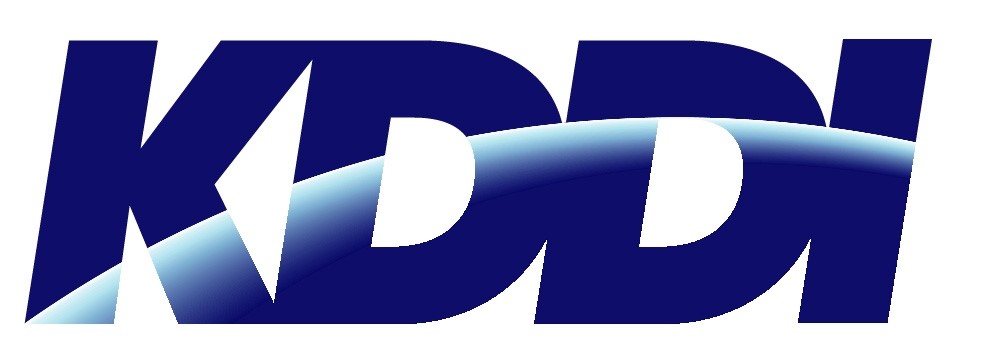Driving Expansion of the Digital Ecosystem at All Levels in Europe and Germany
Dr. Béla Waldhauser from the Alliance for the Strengthening of Digital Infrastructures highlights the essential role of strong infrastructures in driving Europe’s and Germany’s digital transformation, calling for streamlined investments, reduced bureaucracy, and enhanced funding to optimize data centers and support economic growth.

© sutthirat sutthisumdang | istockphoto.com
Digital infrastructure is the absolute foundation for industry’s digital transformation. Ultimately, without high-speed networks and highly secure, available, and reliable data centers, there can be no digitalization – for companies of any size.
Across Europe, strengthening digital infrastructure offers the chance to be a flourishing digital economy, tied in with the opportunities to optimize manufacturing, improve service provision, and increase employment. But to achieve this, there needs to be a simplification of possibility for investment in digital infrastructure.
For this reason, the eco Association established the Alliance for the Strengthening of Digital Infrastructures in Germany in 2018. Overall, our Alliance’s demands for digital infrastructures are applicable not only to Germany, but also across Europe.
Overall European requirements
As we at the Alliance identify, strong and high-performance data centers constitute the backbone of digitalization and thus one of the most important location factors for digital transformation. Throughout Europe, we advocate for the following:
- Recognition of digital infrastructures as an important factor for Europe as an industry location
- Advancement of broadband expansion
- Strategical strengthening and development of Europe as a data center location
- Development of measures that take diverse business models into account
- Increased funding for research in the data center area
- Reduction of bureaucracy and the creation of leaner and more efficient administration processes
- Enhanced funding for training and further education
- Implementation of strategies at the EU level
Current political developments in Germany
In July this year, the German federal government’s Growth Initiative was approved by the cabinet along with the 2025 federal budget. This includes ambitious plans for the expansion of AI data centers and improvement in the framework conditions for data center operators.
We at the Alliance welcome the federal government’s plans to adopt comprehensive measures to strengthen digital infrastructures and technologies in order to provide Germany with more computing power. However, in order for innovative technologies such as AI to find a home and be used extensively in the future, we require a strong digital ecosystem that makes this possible.
While we are optimistic that the German federal government recognizes the need for computing capacity in Germany and is planning corresponding investments, a package of measures alone is not enough to advance digital transformation on a large scale and on a consistent basis. Although the focus on AI data centers in the initiative is understandable, the digitalization of the economy, administration, and society requires further support.
Action steps for the German federal government
As such, the German federal government must now take action and further relieve the burden on operators of all digital infrastructures. In addition to the accelerated approval procedures mentioned in the German Growth Initiative, the industry finally needs more and, above all, effective measures to cut red tape in order to speed up and simplify the expansion of additional data center capacities. However, this process is currently being slowed down by an enormous density of requirements, documentation obligations, and regulations at both national and EU level.
In this context, the German Energy Efficiency Act (EnEfG) offers opportunities to make some adjustments. In addition to accelerating planning, pragmatic support is also needed for implementing the new EnEfG Amendment Bill efficiency requirements in order to achieve the goals set by the government. In the short term, there is still an opportunity to reduce additional bureaucratic burdens arising from the EnEfG by making necessary improvements and aligning with the EU legal framework. Therefore, the German federal government should, among other approaches, take into account the utilization of data centers when calculating the Power Usage Effectiveness (PUE), harmonize inconsistent thresholds at EU and federal level, and make the required Energy Reuse Factor (ERF) more feasible.
With the Growth Initiative formulates, ambitious goals are being set to strengthen Germany as a hub for digital and AI technologies. However, the investment priorities for AI data centers announced in the package of measures are not adequately reflected in the actual budget. Therefore, actions must now follow to pave the way for a closely connected, nationwide, and efficient ecosystem of digital infrastructures.
A call to action for Europe’s digital future
The time for action is now. The German federal government has recognized the critical importance of strengthening digital infrastructure and investing in technologies like AI. However, these ambitions must be backed by concrete, sustained efforts to streamline regulations, reduce bureaucratic barriers, and provide the necessary funding. Only then can Europe truly harness the full potential of its digital ecosystem and secure its place as a global leader in the digital economy.
We at the eco Alliance stand ready to partner with policymakers across Europe to drive this transformation forward. By working together to address the cited challenges, we can build the high-speed, reliable digital foundations that will power industry, government, and society for decades to come. All in all, the future of Europe's competitiveness depends on seizing this opportunity.
Dr. Béla Waldhauser is Spokesperson for the Alliance for the Strengthening of Digital Infrastructures in Germany, set up in early 2018 under the umbrella of eco to support Germany’s development as a digital location. As a theoretical physicist, Dr. Béla Waldhauser is Chief Executive Officer of Telehouse Deutschland GmbH and KDDI Deutschland GmbH. Previously he was responsible for the German operations of Global Switch, and prior to that TeleCity. Before this, he was Managing Director for Germany and Austria for Teleglobe. For several years, he has been Leader of the eco “Data Center Infrastructure” Competence Group and, since 2011, Member of the Jury for the “German Data Center Prize” in conjunction with the annual “Future Thinking” congress. In 2014, he was invited by the German Federal Ministry of Education and Research, as an expert and as a member of the eco Association, to actively participate in establishing the new strategy platform for “ITC in Horizon 2020.” Moreover, since April 2022, he has been a Board Member of Climate Neutral Data Center Pact (CNDCP).







